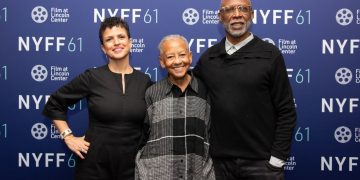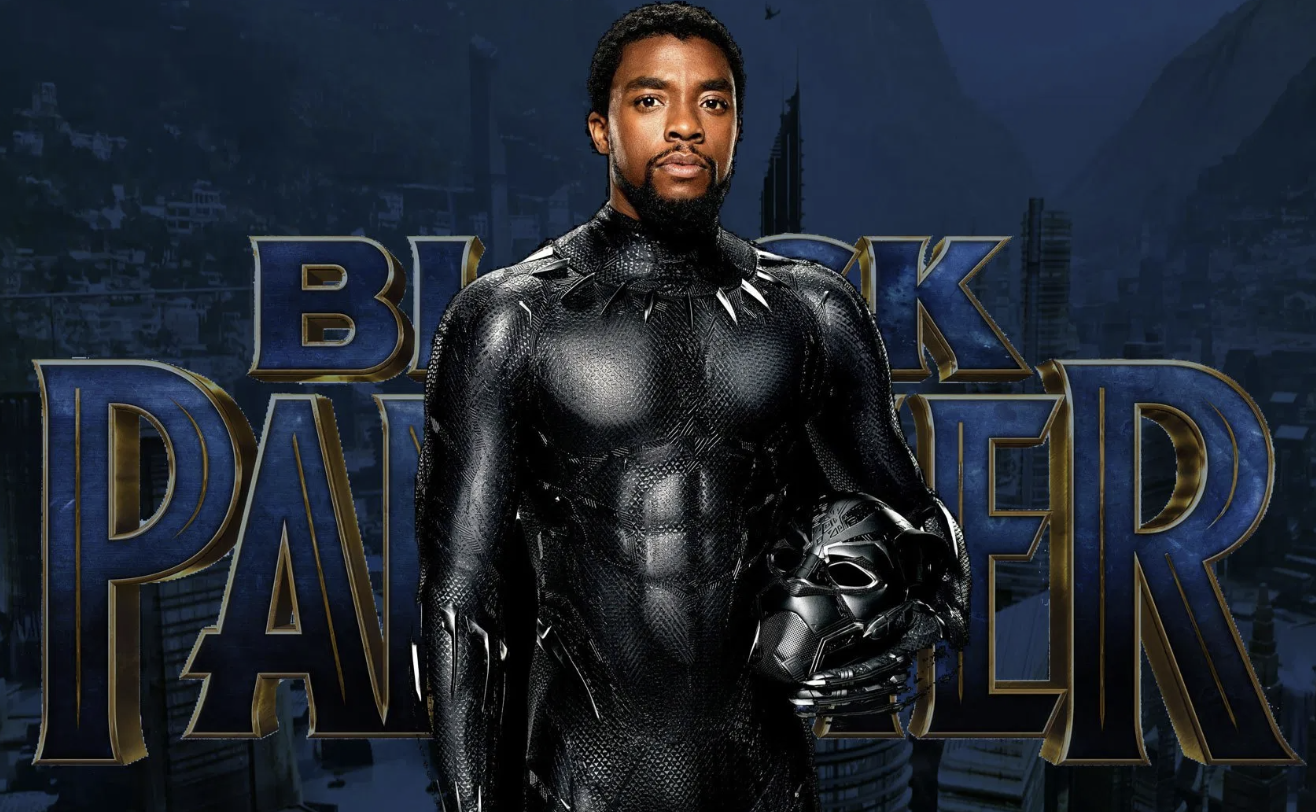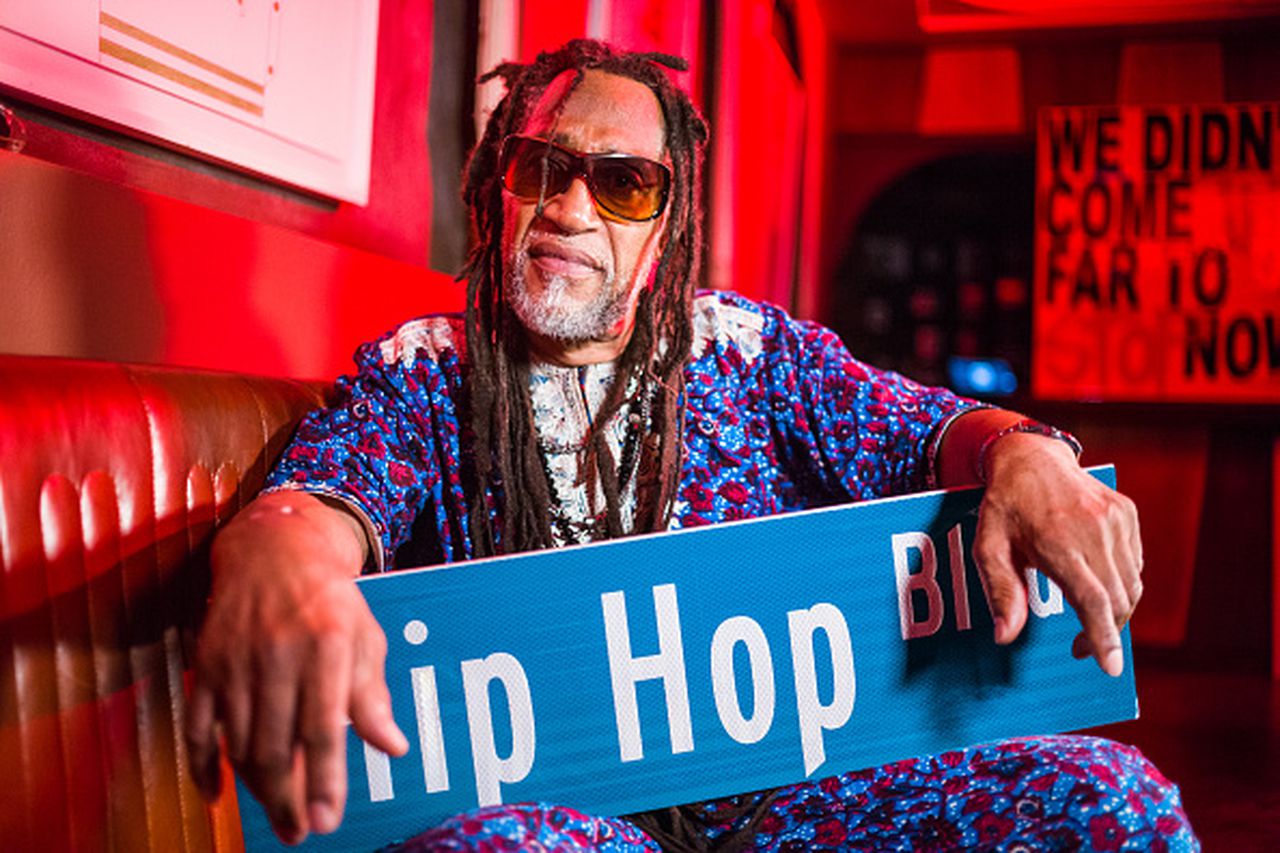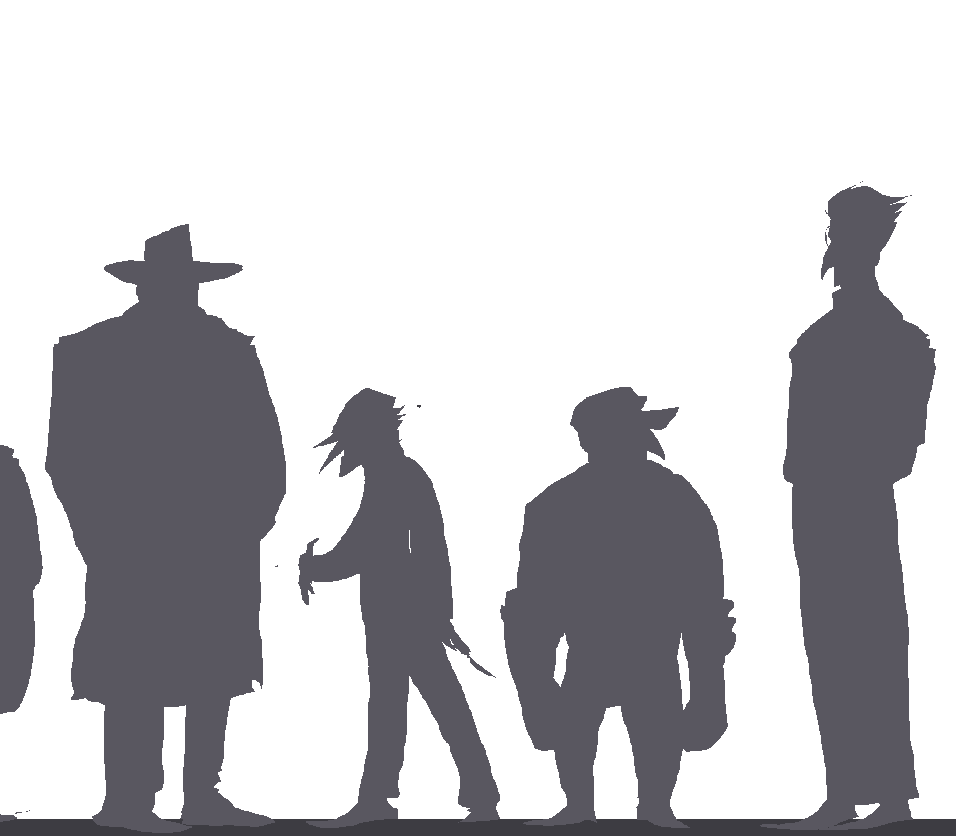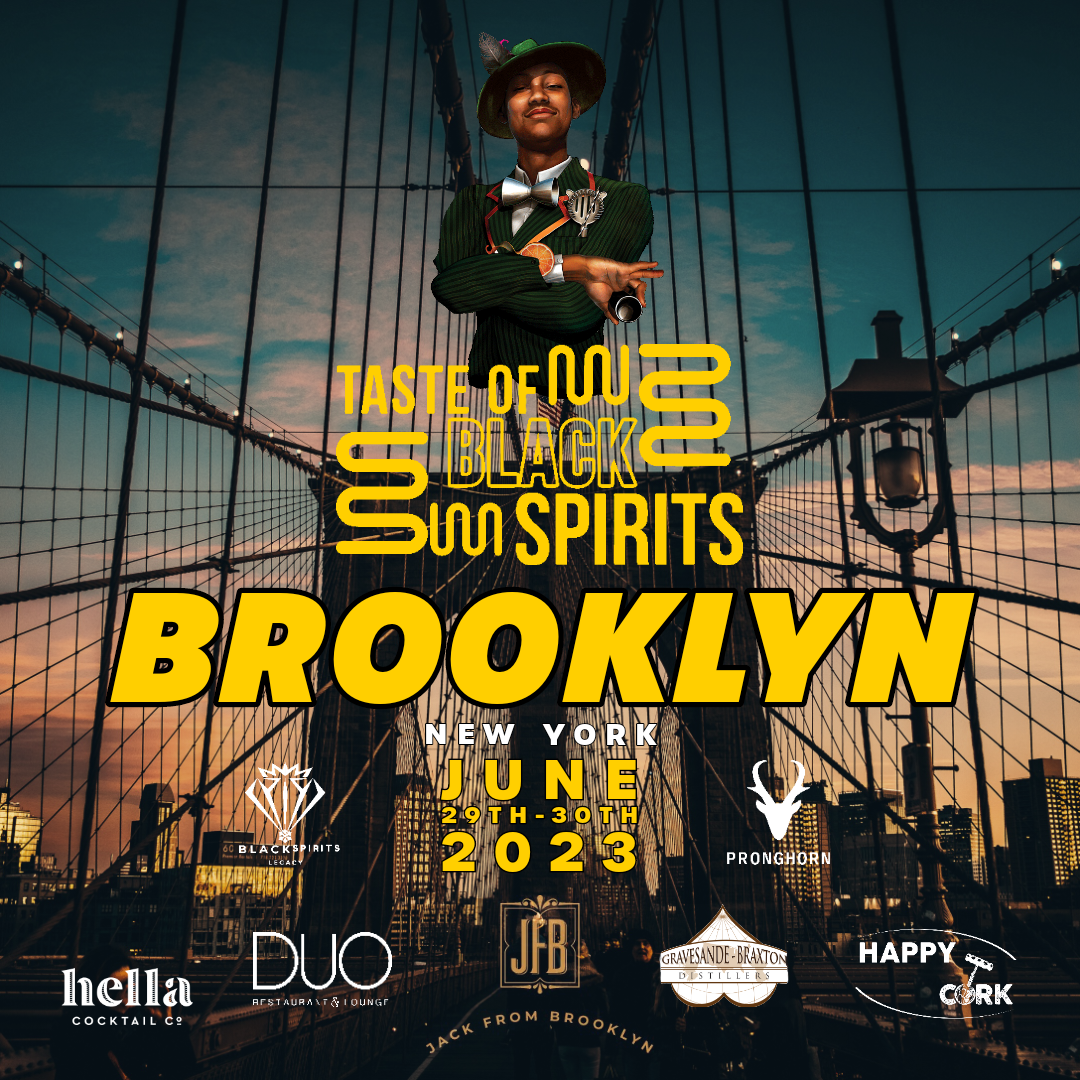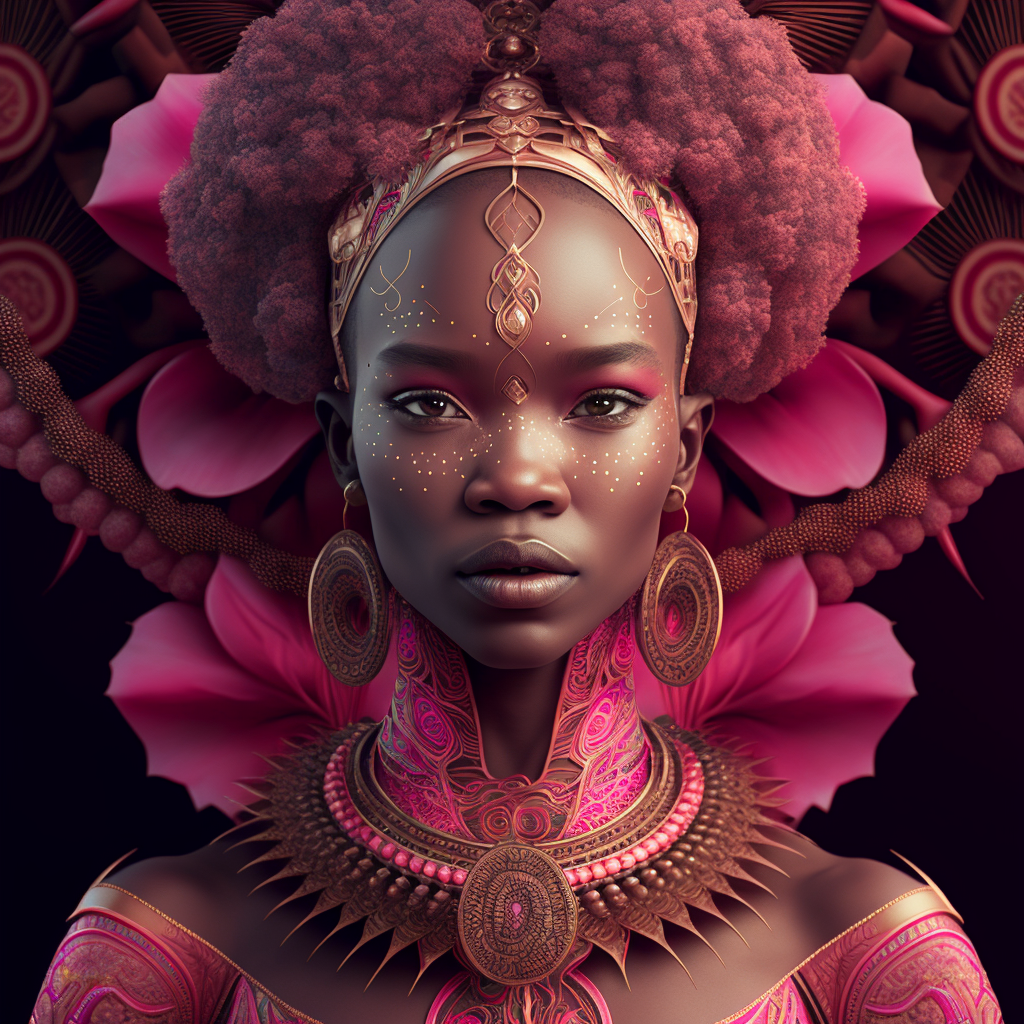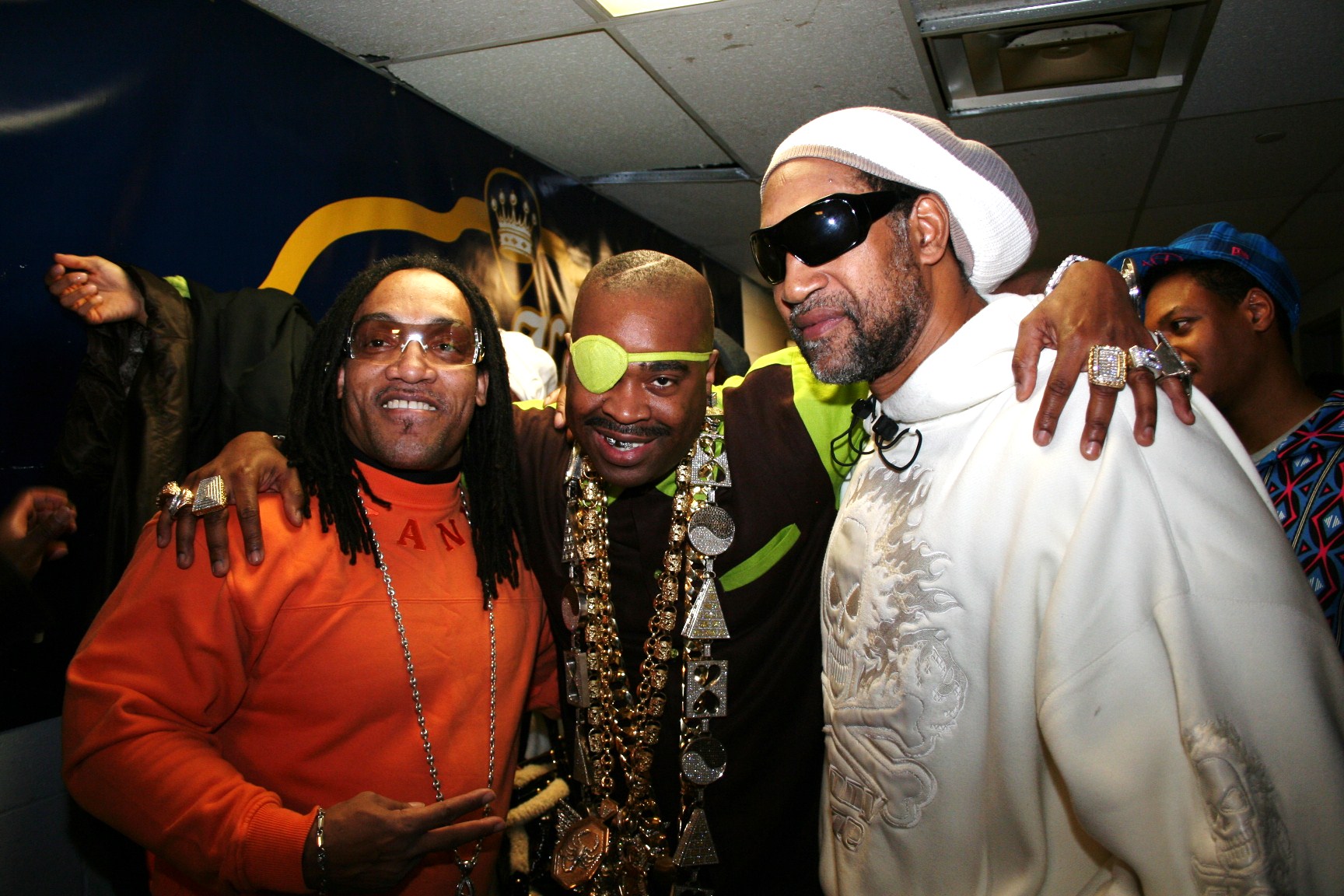
By Chris Godfrey
In the bustling streets of the Bronx during the early 1970s, a cultural revolution was brewing. Amidst the urban landscape and societal challenges, a young Jamaican-born DJ by the name of Clive Campbell, known as DJ Kool Herc, emerged as the catalyst for a musical genre that would transform the world. DJ Kool Herc is widely regarded as the pioneer of hip-hop, a genre that would go on to revolutionize popular music, fashion, and culture worldwide. WhereItzAt pays homage to the visionary DJ Kool Herc and his profound impact on the music industry and beyond.
Born in Kingston, Jamaica, in 1955, Clive Campbell migrated to the United States at the age of twelve, settling in the Bronx, New York. It was here that he found solace in music, drawing inspiration from the vibrant Jamaican sound system culture. Herc’s parties quickly became legendary in their own right, where he introduced a revolutionary approach to DJing, combining elements of Jamaican sound system culture, funk, and soul music.
Herc’s Innovative Techniques:
One of DJ Kool Herc’s most significant contributions was his use of “breakbeats.” He would isolate the instrumental sections, or “breaks,” of popular songs, looping and extending them to create a new sonic experience. This technique became the foundation of hip-hop music and laid the groundwork for future DJs and producers to follow. Additionally, Kool Herc’s introduction of the “merry-go-round” technique, where he used two copies of the same record to extend the breakbeat, allowed for continuous dancing and energized the crowd like never before.
Creating the Blueprint for Hip-Hop Culture:
Beyond his innovative DJing techniques, DJ Kool Herc played a crucial role in the development of hip-hop culture as a whole. His parties became community gatherings, bringing together people from different backgrounds, ethnicities, and neighborhoods. By creating a safe space for self-expression, Kool Herc fostered an environment that allowed the youth to channel their creative energy and break free from the challenges of urban life. His parties served as a platform for emerging artists, dancers, and MCs to showcase their talent, ultimately giving birth to the four fundamental elements of hip-hop: DJing, MCing, breakdancing, and graffiti art.
Legacy and Lasting Influence:
While DJ Kool Herc never achieved mainstream commercial success, his impact on the music industry and popular culture cannot be overstated. His contributions laid the foundation for a global movement that transcended borders and reshaped the cultural landscape. Countless artists and musicians credit Kool Herc as their inspiration, and his influence can be heard in the work of legendary hip-hop icons such as Grandmaster Flash, Afrika Bambaataa, and Run-D.M.C., among many others.
Recognition and Honors:
DJ Kool Herc’s contributions to music have not gone unnoticed. Herc portrayed himself in the 1984 Hollywood movie “Beat Street.” Produced by Harry Belafonte, David Picker and directed by Stan Lathan. He has received numerous recognitions over the years including a Hip-Hop Pioneer award from The Source Magazine in 1999, a feature in Brooklyn Museum of Art’s exhibition entitled, “Hip-Hop” Nation: Roots, Rhymes, and Rage in 2002, and a Founder of Hip-Hop award from VH1 in 2004. In November of 2023, DJ Kool Herc will be inducted into the Rock & Roll Hall of Fame in ceremonies at The Barclays Center in Brooklyn.
DJ Kool Herc’s impact on music and culture is immeasurable. His innovative DJing techniques, community-building parties, and role in creating hip-hop culture have shaped the world we live in today. From the humble beginnings of the Bronx in the 1970s to the global phenomenon it has become, hip-hop owes its very existence to the visionary genius of DJ Kool Herc. His legacy continues to resonate, reminding us of the power of music to transcend boundaries and unite communities. As we celebrate 50 years of hip-hop, let us not forget the architect who started it all—DJ Kool Herc.




